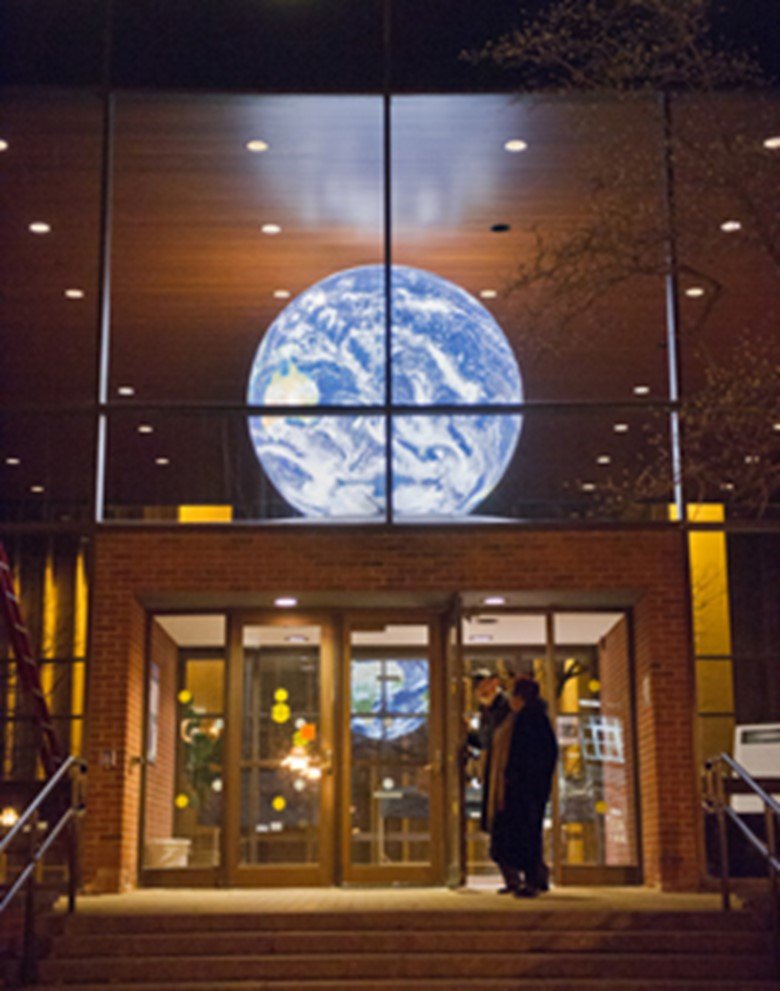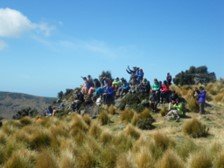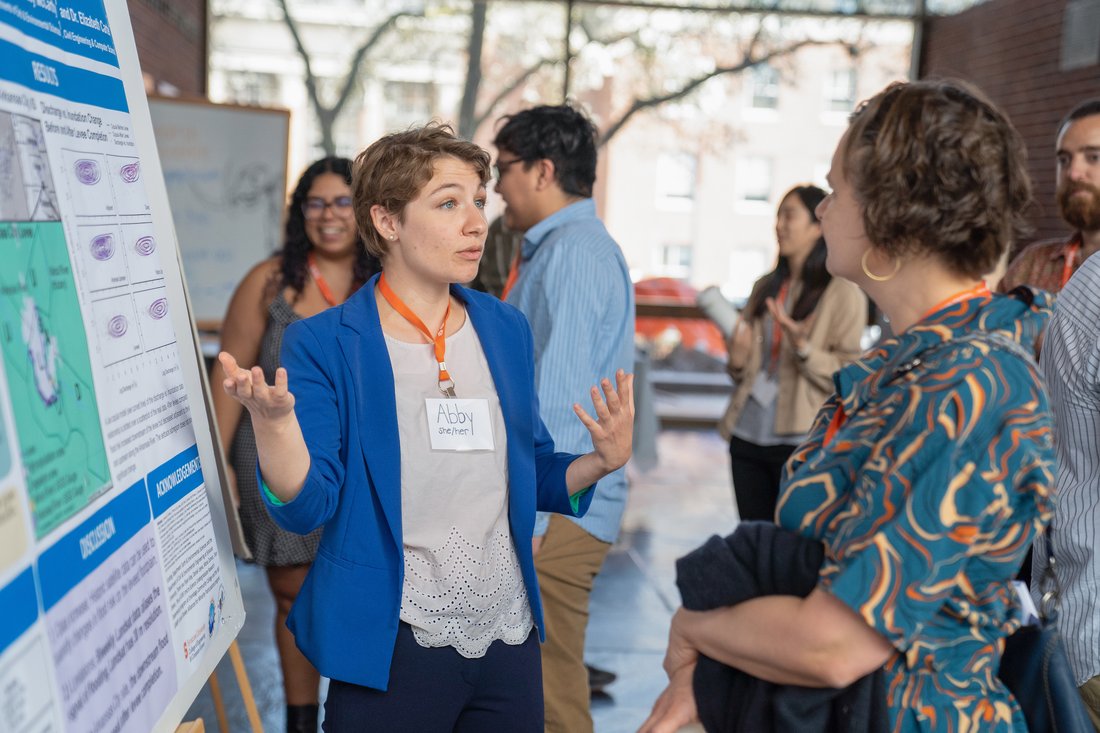
College of Arts and Sciences
Curriculum
Take courses in introductory Earth science, chemistry, biology, environmental science data analysis, and field methods. You will build core knowledge by choosing courses across four thematic blocks: fundamentals of geology; water science; solid Earth; and ancient climates and ecosystems.
- Explain process-based linkages among tectonics, climate and life over time as illustrated by the Earth system.
- Understand the societal importance of Earth science.
- Effectively synthesize published, peer-reviewed geosciences literature into written reports and/or data products.
- Develop written and verbal communication skills required to effectively convey science to a wide range of audiences.
- History of Earth and Life
- Introduction to Climate Dynamics
- Environmental Aqueous Geochemistry
- Introduction to Earth and Environmental Data Analysis
- Applications of GIS in Earth Sciences
Extracurricular Opportunities
Heroy Geology Laboratory
Dedicated spaces on campus, including the Heroy Geology Laboratory, offer state-of-the art laboratory and computing facilities that allow for sophisticated analytical and numerical study of Earth systems.

K.D. Nelson Lecture Series
Almost every week, attend a lecture by a visiting scientist as part of the Department of Earth and Environmental Sciences’ lecture series. This will often provide insights into the kinds of research and developments that are at the cutting edge of Earth science research.
Frontiers Abroad: Earth Science
Spend a semester abroad in New Zealand with either a geological and/or environmental focus. Participate in a five- to six-week field camp and take four courses at the University of Canterbury in Christchurch, New Zealand. One of those courses will be a research methods course using data collected during your field experience.

Learn more about this program

